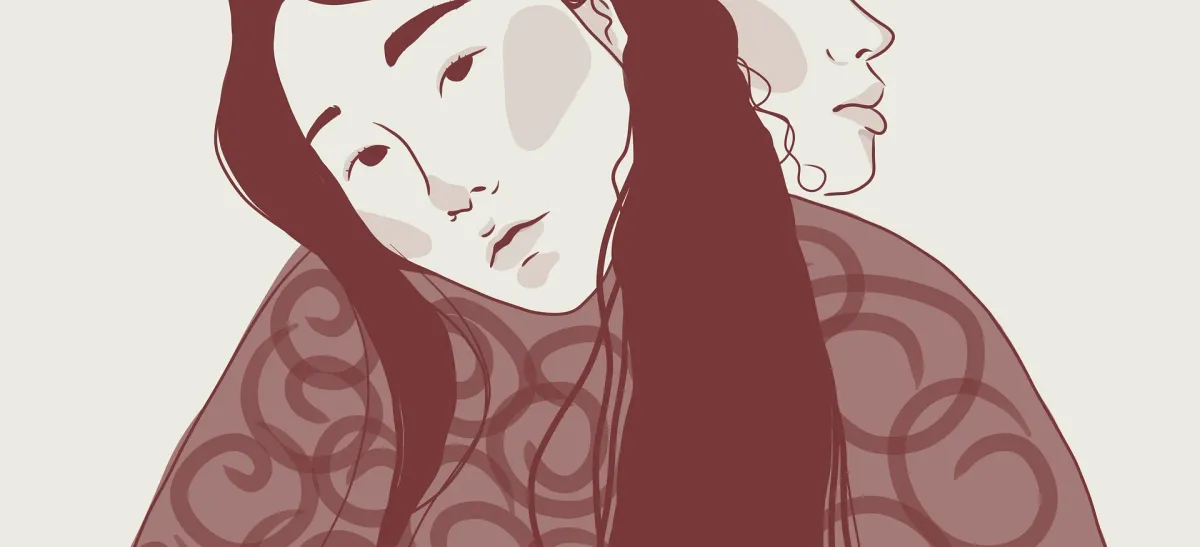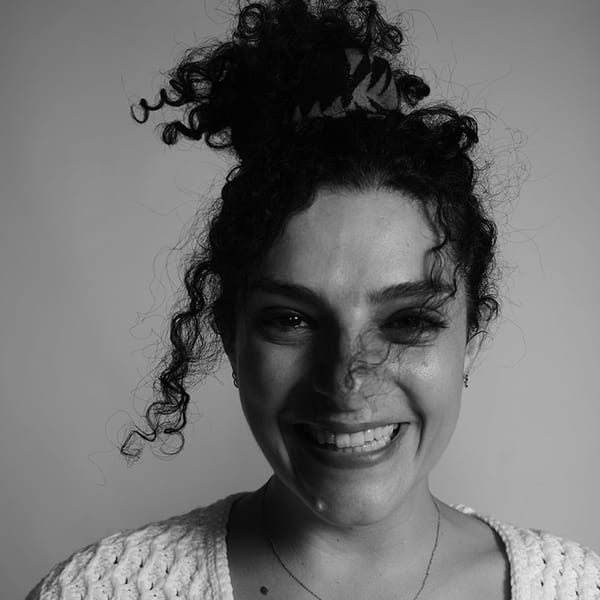Exploring the Generational Gap in Mental Health Awareness, and How We Can Close It
Being Nigerian, I knew I could not go to my mum or dad when I started getting consecutive depressive episodes: they would just try to pray it away.

Access the Audio Read version of this article directly on Spotify for Podcasters.
"If the generation of our parents, or their parents, did not necessarily have the luxury to think about their mental health - especially political refugees - and was generally taught to ‘pull themselves up by their bootstraps’, we have been offered an invaluable opportunity to grow from their experiences."
Have you ever tried to discuss your mental health with your parents, or even grandparents? Or dared to ask about theirs? Being Nigerian, I knew for a fact that I could not go to my mum or dad when I started getting consecutive depressive episodes. How they handled mental health issues with my brother told me everything I needed to know about how they'd react. They'll just try to pray it away and refuse professional help. And I was not in the condition to handle someone else's ignorance.
When I discussed this with Kate, a 21 year old university student, she shared having a similar experience, and that the overall stigma she felt in Black British culture affected the way she responded to her illness. "It was less me experiencing the stigma but more how I responded to the stigma, in the way I treated my mental health, by being reluctant to share or talk about it," she says.
Sharon, who is African American, had the opposite response. She immediately opened up about her mental health issues to her family and was too worried about the actual depression to care about her parents being taken aback. And they were, indeed, shocked. When she told her father about it, she remembers him repeating the word ‘depressed’ in a tone that implied he was questioning whether this was the correct word to use.
Her family tried to help her by providing topical solutions, but she didn't feel that they took it seriously or understood it past the point of her being ‘sad’. The experience made her realise who she could really trust with this information, and who she couldn’t.
Religion plays a major role in how our communities handle mental health conversations. A large body of research - from Oxford University to the Mental Health Foundation - has tied religious beliefs with positive outcomes for mental health, but the reality of our experiences is a lot more nuanced.
My personal relationship with God was already peculiar during that time, and the constant depressive episodes created a distance between us. I knew God was there, but maybe not doing as much, or not enough for my liking. Meanwhile, Sharon realigned with God and trusted her religious identity to help her through her depression. "God knows who I am at the core, and loves me for everything I am,” she says. “He made me exactly this way, so I can't be an outcast."
Historically, the rigidity of religion within our communities hasn't allowed anything other than a spiritual explanation for mental illness. But now that religion is moving away from institutional to personal use, so is the mental health taboo.
Generation Z has done a lot to open up the conversation around mental health and normalise it. Sharon explains its stigma in the African American community in particular has been passed down as a result of history and the collective trauma. "The Black community has always had to be so strong in this country, and that has carried over in a lot of ways," she says. However, she believes Gen Z is educating older generations, and slowly changing attitudes about mental health.
"I honestly just think they’re attempting to practice vulnerability,” Sharon adds. “It’s not something that’s been encouraged or mainstream before. I think we’re now more open to people’s realities, rather than trying to see them for what we want them to be."
Kate structures this further, highlighting that the British media and its celebrity culture are helping curb the stigma, by openly talking about it. British tabloids have done a lot of damage over the years by putting high profile people in distressing situations and inducing mental health crises, while also punishing them for opening up about it. But its incessant bullying of vulnerable people in the public eye has facilitated a conversation around harassment culture and the importance of listening to people’s experiences.
If the generation of our parents, or their parents, did not necessarily have the luxury to think about their mental health - especially political refugees - and was generally taught to ‘pull themselves up by their bootstraps’, we have been offered an invaluable opportunity to grow from their experiences.
Two of the common factors that come with the mental health stigma are the reluctance to get help and the simultaneous pressure to educate instead of listening. But if my generation is brave enough to even disclose such intimate information with elders, exposing ourselves to the advice to ‘get a grip’, there is an actual chance our children might feel even more confident or pro-active about it. And that’s progress.





